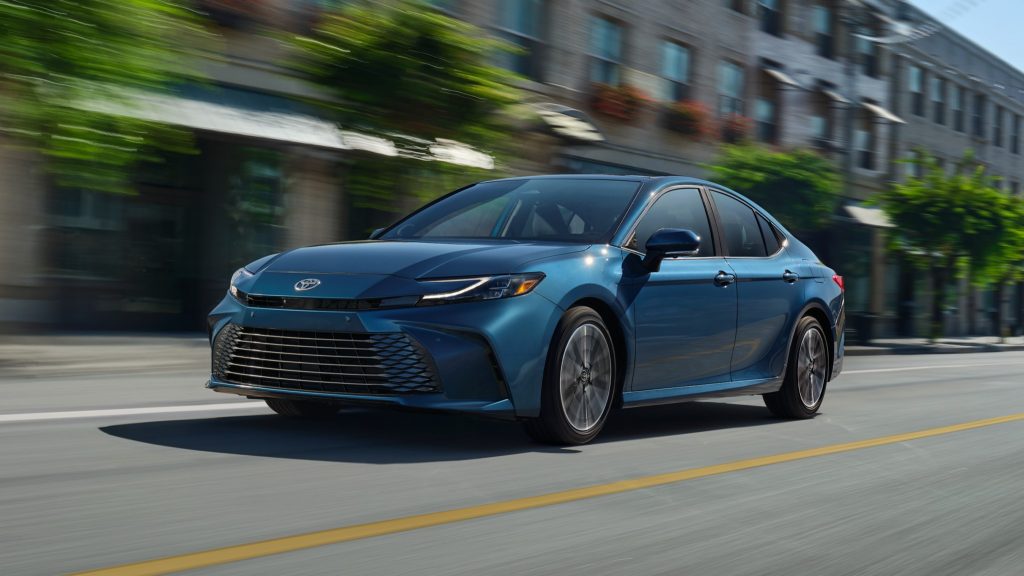Toyota, the world’s leading automaker, has unveiled an ambitious plan to expand its electric vehicle (EV) portfolio in Europe, targeting six models by 2026. The company aims for battery electric vehicles (BEVs) to constitute more than 20% of its new car sales in the region by that year. This move comes as Toyota seeks to regain momentum in a market where it faces strong competition from rival automakers.
Sales projection and growth strategy
Toyota anticipates selling over 250,000 battery-powered vehicles annually in Europe by 2026. The projection aligns with the company’s overarching strategy to achieve substantial growth in a market segment where it has faced challenges in keeping pace with competitors. Despite its position as the world’s largest automaker by sales, Toyota recognizes the need to intensify its presence in the rapidly evolving electric vehicle landscape.
New concepts unveiled
In addition to the battery electric vehicle already available in Europe and the compact sports utility vehicle (SUV) concept introduced last year, Toyota has revealed two new concept models. One is a battery-powered small SUV scheduled for a 2024 launch in Europe, and the other is a sports crossover model set for introduction in 2025. These additions underscore Toyota’s commitment to diversifying its EV offerings and catering to evolving consumer preferences.
Global target for battery-powered vehicles
Toyota is not confining its electrification ambitions to Europe alone. The automaker has set a global target of selling 1.5 million battery-powered vehicles annually by 2026. This reflects a comprehensive approach to electric mobility, acknowledging the shift in consumer preferences towards sustainable and environmentally friendly transportation solutions.
European EV market dynamics
Data from the European Automobile Manufacturers Association reveals a notable uptick in fully electric car sales in the European Union (EU) over the first ten months of the year, with a growth rate exceeding 50% compared to the same period in the previous year. While Toyota maintains a significant market share in the EU, its presence in the electric vehicle segment has been overshadowed by competitors.
Hydrogen focus and business unit
In tandem with its electric vehicle strategy, Toyota announced the establishment of a business unit dedicated to hydrogen in Europe. This move aligns with the company’s commitment to commercializing hydrogen technology, focusing on fuel-cell systems and fostering commercial partnerships. In July, Toyota executives had already signalled the company’s emphasis on selling hydrogen-powered trucks and cars in Europe and China.
A holistic approach to sustainable mobility
Toyota’s dual focus on expanding its electric vehicle line-up and establishing a hydrogen-centric business unit underscores its commitment to a diversified and sustainable future of mobility. By catering to both battery electric and hydrogen fuel-cell technologies, the automaker aims to position itself at the forefront of innovation and meet the evolving needs of the global automotive market.
Toyota’s strategic manoeuvres reflect recognition of the transformative trends in the automotive industry and a proactive effort to secure a substantial share in the burgeoning electric and hydrogen vehicle markets. As competition intensifies, Toyota’s comprehensive approach positions it to navigate the dynamic landscape of sustainable and eco-friendly transportation solutions.


